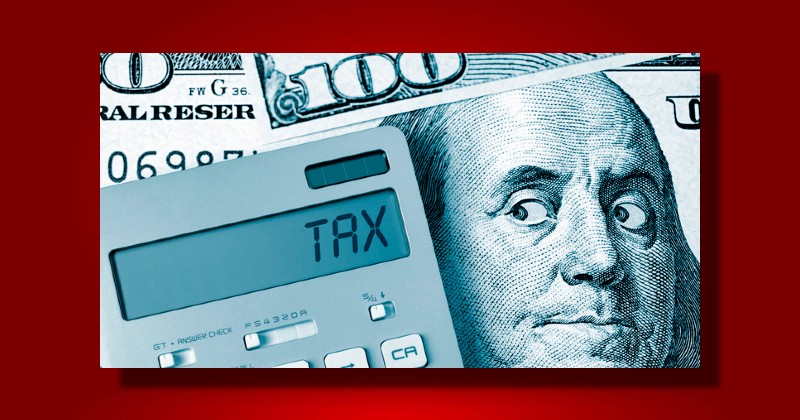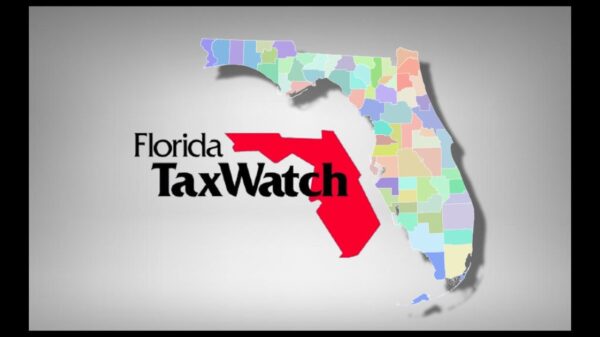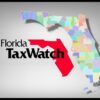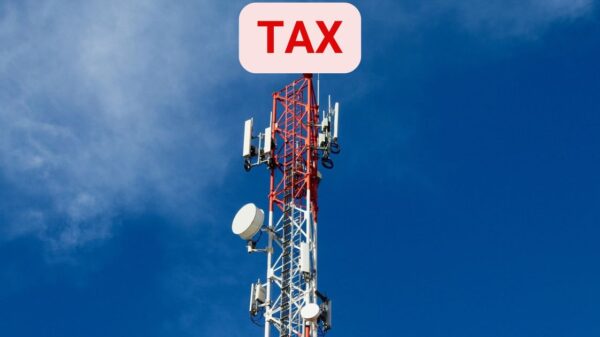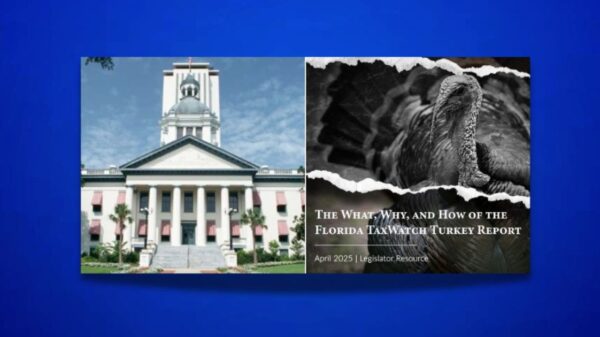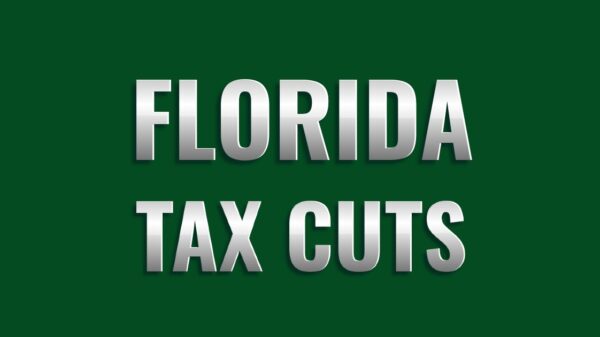This week, Florida TaxWatch (FTW) released “A Closer Look at Florida’s Sales Tax Exemptions,” a report offering a comprehensive examination of Florida’s current sales tax exemptions.
Building on past research, FTW identifies sales tax exemptions that are essential – meaning they should be retained by law or are important enough to be excluded from any consideration for repeal – while also presenting select exemptions the Florida Legislature may further analyze if there was a desire to eliminate some of them.
Florida TaxWatch President and CEO Dominic Calabro weighed in on the report.
“Fulfilling our role as the ‘eyes and ears’ of taxpayers, Florida TaxWatch proudly conducts periodic reviews of sales tax exemptions. It’s a complex undertaking, but also a valuable exercise that allows us to share important background and guidance with taxpayers, policymakers, or anyone who wants to review the exemptions for themselves,” Calabro said. “Some sales tax exemptions do not generally fare well when measured against the widely accepted characteristics of good tax policy like neutrality, fairness, simplicity, and visibility. When it comes to repealing exemptions, however, we must note that Florida’s six percent sales and use tax is the state government’s largest revenue source by far, currently generating approximately $36 billion annually, and most existing exemptions have at least some justification, if they’re not explicitly essential.
“The real, ongoing debate centers around whether sales tax exemptions intended to keep taxes on families and businesses low, support the good work of nonprofit organizations, or promote economic development are actually ‘worth’ the revenue they cost. With our extensive portfolio of past, current, and future research on this issue, we will remain a trusted, easily accessible resource for all involved in this discussion in the months and years ahead,” he added.
Florida’s sales and use tax is a six percent levy on the final retail sales of most tangible personal property, as well as admissions, transient lodgings, commercial rentals, service warranties, and very few, specifically enumerated services. While services are not currently exempt from tax, this FTW review does not include services, nor does it recommend taxing them.
According to FTW, virtually every year since the sales tax was enacted in 1949, the Florida Legislature has made some change to the base or rate, including enacting 281 exemptions for a variety of reasons. Chapter 212, Florida Statutes, which governs the sales tax, contains all these exemptions but one.
Based on information outlined in the latest Florida Tax Handbook, produced annually by the Florida Revenue Estimating Conference, Florida’s total sales tax exemptions are estimated to be worth $17.633 billion. FTW notes the majority of this total – over 83 percent – can be attributed to exemptions in the Structural and Life’s Necessities categories (two of the five categories examined in this review). Additionally, the eight largest exemptions alone are worth a combined $12.8 billion, almost three-fourths of all exemptions.
For the purposes of this analysis, FTW groups all of the 281 sales tax exemptions into five categories:
Structural ($3.022 billion): Transactions that maintain the basic nature, structure, and integrity of the sales tax, such as items purchased for resale, items imported or produced for export, etc.
Life’s Necessities ($11.6 billion): Payment for groceries, rent, residential utilities, and medical services, drugs, and products
Non-Profits, Government, Education, and Religious ($745.8 billion): Purchases made by 501(c)(3) organizations, state government or subdivisions of the state like counties, and tax-supported schools, colleges, and universities (and some private and parochial schools); all purchases and sales made by “religious institutions,”including houses of worship and their governing or administrative offices
Economic Development and Agriculture ($1.346 billion): Transactions involving manufacturing, agriculture, motion picture, television, and music production, aircraft and boats, and miscellaneous economic development, such as commercial leases (Business Rent Tax), machinery and equipment related to green hydrogen, etc.
Miscellaneous ($1.364 billion): Business purchases and other business transactions (including items given away by businesses for free), admissions, rental or use of real property, rental of tangible personal property, certain veteran-related transactions, and purchases made largely by individuals or households
FTW asserts that the Miscellaneous sales tax exemptions may very well serve legitimate purposes, but if the Florida Legislature wanted to identify those with limited jurisdiction or narrow application, with the ultimate goal of repealing some, this would be the category to evaluate.
Moreover, today, most sales tax exemptions are not subject to a thorough review by the Florida Legislature, as they are part of the “tax package” process that began in 2014. FTW cautions against this process and highlights seven exemption bills, introduced from 2014 to 2022, that did not go through the standard committee review process.

